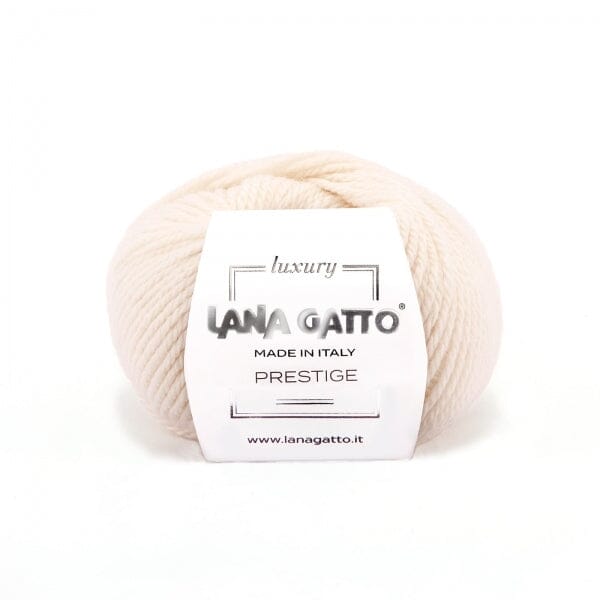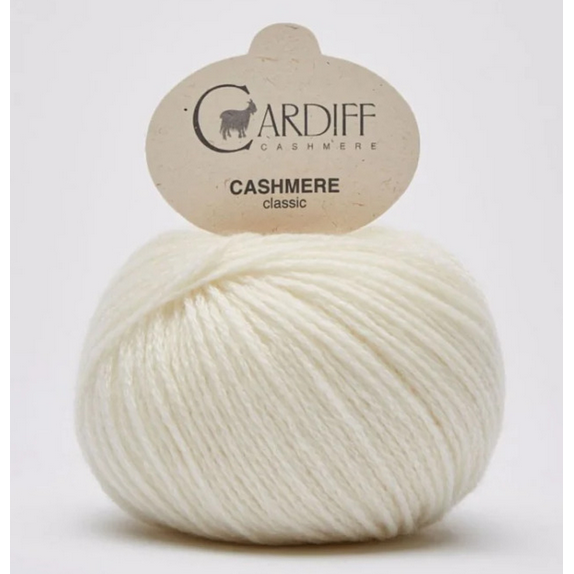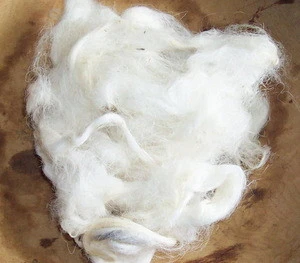The Fascinating World of cashmere: Understanding Its Fiber and Uses
The Fascinating World of cashmere: Understanding Its Fiber and Uses
Blog Article
Understanding the Various Sorts Of Cashmere an All-natural Fiber and Their Special Advantages

The Beginnings of Cashmere: A Historic Overview
While the glamorous touch of cashmere proceeds to appeal modern customers, its origins trace back to the extreme, cold climates of Mongolia and the Mountain ranges. For centuries, the aboriginal peoples of these regions have actually been elevating Capra Hircus goats, the prime resource of cashmere wool. These goats, resistant against the serious winters, expanded a fine undercoat to survive, which later on ended up being called cashmere. The name itself admires Kashmir, a region in India where the woollen was at first refined. Much of the very early cashmere trade path was helped with by the Silk Road, linking Asia with the Center East and Europe. Despite its global spread, the finest cashmere is still thought to originate from the original areas of Mongolia and the Mountain Ranges.

The Manufacturing Refine: From Goat to Garment
Shearing a Capra Hircus goat notes the inception of the intricate cashmere manufacturing process. This fragile treatment commonly happens annually throughout springtime. The fine, soft undercoat is then separated from the coarser outer hair, a procedure called dehairing. The resultant raw cashmere is after that cleaned to eliminate impurities such as grease, veggie, and dirt issue.
The clean fiber goes through coloring, rotating, and weaving, or knitting, to change it into a textile. Complex procedures like top quality control checks and finishing procedures adhere to, guaranteeing the end product maintains the extravagant requirement expected of cashmere. This painstaking process, from goat to garment, justifies the high cost connected to cashmere items, making them a sign of high-end and refinement.
The Various Kinds of Cashmere: A Comprehensive Evaluation

The Distinct Advantages of Cashmere: Convenience and Sustainability
Moving from the range of cashmere kinds to the advantages they provide, comfort and sustainability stand out plainly. Cashmere, a natural fiber, is renowned for its exceptional softness, offering a degree of convenience that synthetic fibers can not match. The material's agility, yet excellent warmth retention, makes it excellent for all seasons. Moreover, cashmere's all-natural elasticity allows it to go back to its original form, making it resistant to shrinking or stretching.
When it pertains to sustainability, cashmere is eco-friendly and naturally degradable, as it's harvested from cashmere goats who regrow their layers annually. what is cashmere. Unlike artificial fibers which can take hundreds of years to decompose, cashmere's effect on the environment is marginal. This combination of convenience and sustainability makes cashmere a beneficial selection for conscious customers

Caring for Your Cashmere: Upkeep and Preservation Tips
While cashmere is definitely a luxurious and sustainable choice, it requires specific like maintain its high quality and prolong its life-span. To begin, cashmere need to be hand cleaned utilizing chilly water and a light detergent. Prevent twisting or wringing the garment as it can damage the fibers. Rather, carefully eject excess water and lay it level on a important source towel to dry. Cashmere products ought to be kept in a dry and amazing place, away from direct sunshine and wetness. Using moth repellents can safeguard these garments from prospective damages. It's suggested to prevent hanging cashmere to avoid extending. Instead, layer and store them appropriately to preserve their form and quality with time.
Buying Cashmere: Recognizing Its Value and Worth
Although cashmere may at first appear like a costly financial investment, its long-term value and worth become apparent when you consider its exceptional high qualities. Understood for its unmatched soft qualities and heat, cashmere is a costs natural fiber that surpasses various other materials. Investing in cashmere, consequently, is not just regarding present style trends, but about welcoming a sustainable, durable, and glamorous way of living.
Verdict
In summary, the kind of cashmere one selects, be it Mongolian, Chinese, or Italian, is dictated by specific choices for warmth, sustainability, high-end, and budget plan. The worth of cashmere prolongs beyond its price, with comfort and long life including in its well worth. Correct care and maintenance can guarantee its conservation. As a result, understanding the origins, manufacturing process, and unique benefits of various kinds of cashmere can lead consumers in their financial investment in this lavish all-natural fiber.
Whether it's the phenomenal warmth of Mongolian cashmere, the affordability of Chinese cashmere, or the eco-conscious manufacturing of Italian cashmere, there's a tale to be uncovered behind each fiber kind. Cashmere, an all-natural fiber, is renowned for its exceptional softness, supplying read the full info here a degree of convenience that artificial fibers can't match.When it comes to sustainability, cashmere is biodegradable and renewable, as it's collected from cashmere goats that regrow their coats each year. Known for its unparalleled soft qualities and warmth, cashmere is a costs all-natural fiber that outmatches other materials. Comprehending the origins, production procedure, and unique advantages of various types of cashmere can guide customers in their investment linked here in this elegant natural fiber.
Report this page